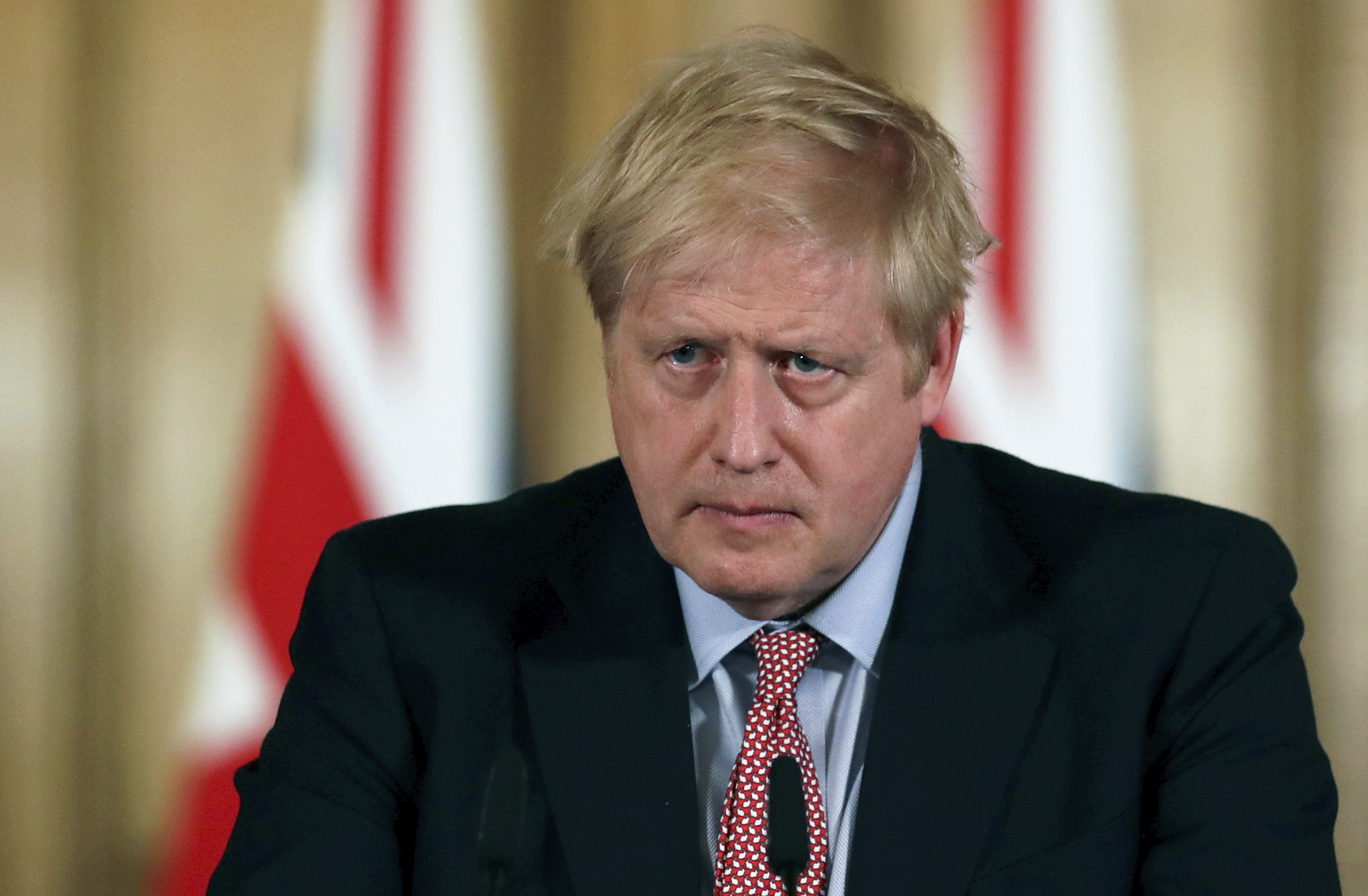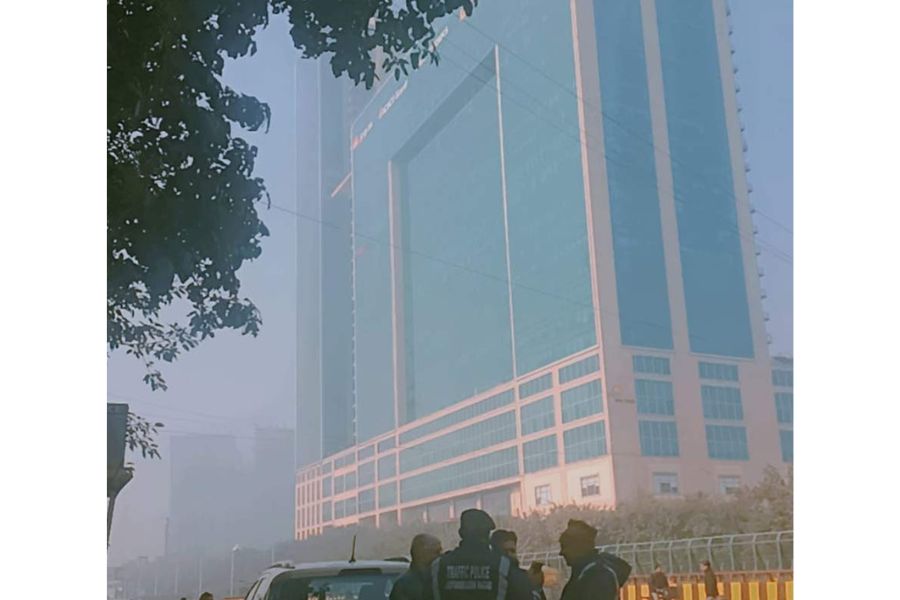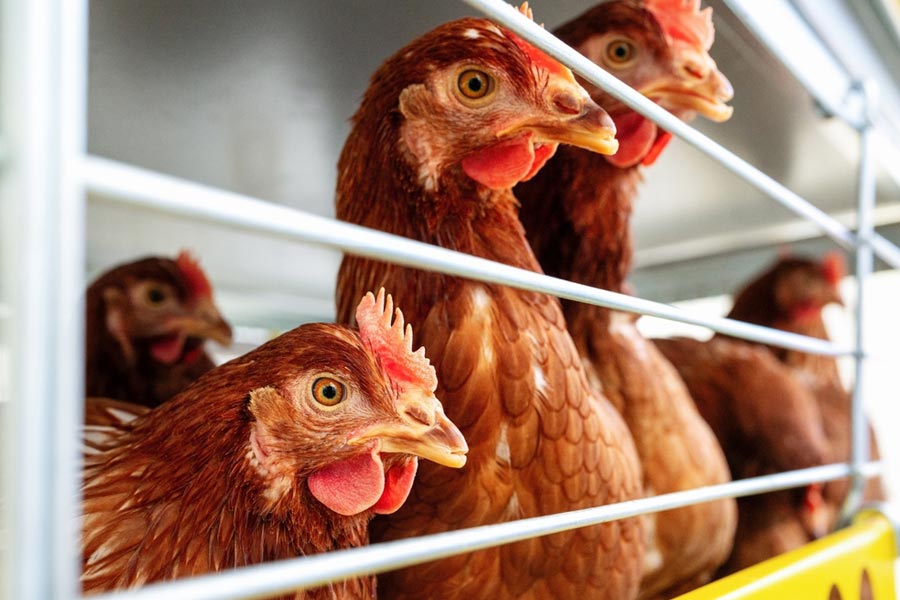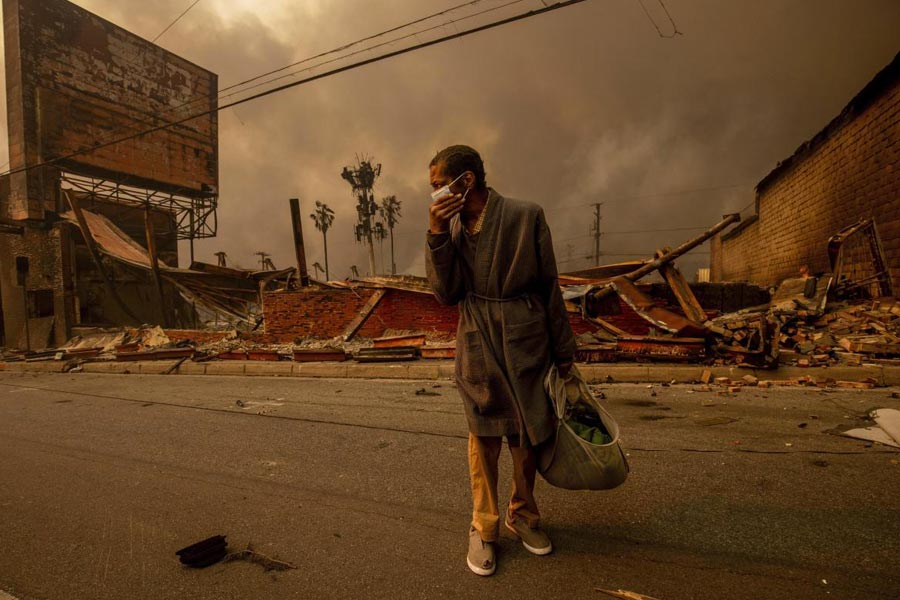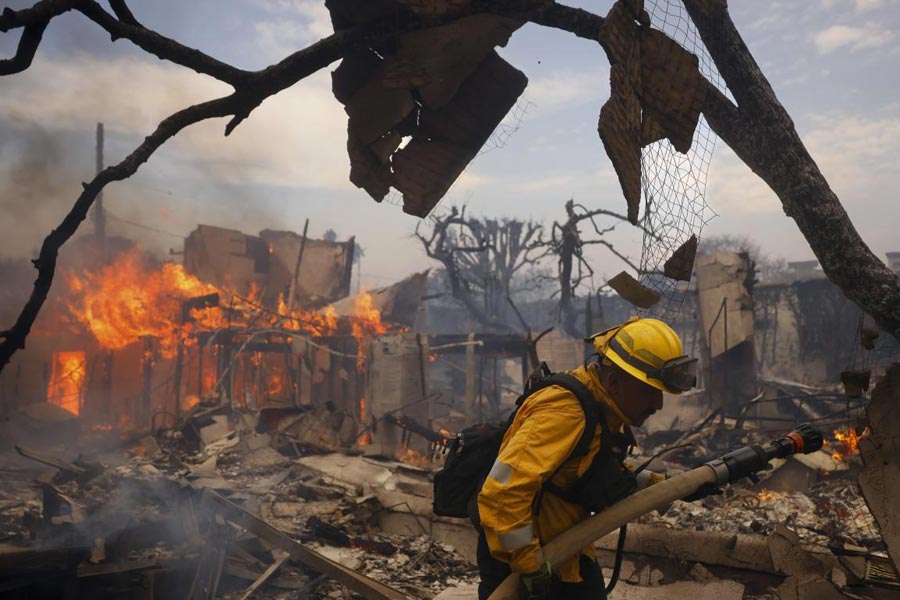Boris Johnson may be back in 10 Downing Street as early as next Monday, The Daily Telegraph said on Friday.
This will not be a moment too soon because the Labour leader Keir Starmer appears to be suggesting that Indians and other members of the ethnic minorities are dying in disproportionate numbers from coronavirus because of the government’s racist policies.
This will be seen by some political analysts as an attempt to win back Indian voters who rejected Labour at the last general election because of the party’s perceived pro-Pakistan Kashmir policy.
The Prince of Wales, who is known to be very pro-Indian, has now weighed in on behalf of the people of the subcontinent by announcing that one of his main charities, the British Asian Trust, is to raise funds on their behalf.
Prince Charles, who has had personal experience of the virus, got to the heart of the matter by emphasising in a video appeal: “Over 400 million daily workers have seen their livelihoods disappear with no form of income and no savings. They and their families now face a fight of survival.”
He said: “The British Asian Trust’s Covid emergency appeal will support those in India, Pakistan, Bangladesh and Sri Lanka who need it most. With your generosity the British Asian Trust will help those who have nowhere else to turn and offer hope to those who face the most desperate circumstances. With your help we can make a difference.”
The Prime minister is needed to take charge of the government when it is being assailed on a number of fronts, including the shortage of personal protection equipment for frontline healthcare workers. There also appear to be differences in the cabinet on how quickly the lockdown should be eased, with the chancellor Rishi Sunak and the home secretary Priti Patel apparently of the opinion this should be as soon as possible because of the mounting damage to the economy.
Boris has spoken to the Queen and to President Donald Trump who said: “He sounded incredible… it’s like the old Boris, tremendous energy, tremendous drive.”
Downing Street insists no final decision has been made. On Friday, the health secretary Matt Hancock said that the timing of the Prime Minister’s return was a matter for his doctors but he told TV interviewers that he had spoken to Boris: “He’s definitely in good spirits and getting much better and so that is very good news.”
Although the Labour leader had promised to work constructively with Boris to deal with a national emergency, on Friday Starmer announced he had set up a review into why so many people from the BAME (Black and Minority Ethnic) communities were dying from coronavirus.
His new “race adviser” would be a black woman, Dame Doreen Lawrence, whose 19-year-old son, Stephen, was set upon and knifed to death by a gang of white racist thugs on 22 April 1993.
She said: “Black, Asian and minority ethnic communities have long been disadvantaged by the social and economic injustice which still exists in our country. There is a clear and tragic pattern emerging of the pandemic’s impact on those communities which must be better understood.”
Starmer is clearly suggesting that the black and Asian death toll has racist connotations: “It is extremely concerning to see the disproportionate toll coronavirus is taking on our BAME communities. We cannot afford to treat this as an issue to investigate once the crisis is over. We must address it now.”
But a consultant psychiatrist in Bristol, Anish Patel, has argued that although “the statistical evidence is certainly disturbing”, it would be a mistake to lump all ethnic minorities together.
By inference, he dealt with the fact that Indians, for example, do not form part of the deprived communities whom the Labour Party is keen to represent against an allegedly uncaring government.
Patel pointed out that “even the term BAME is an umbrella category that, for the purposes of data analysis, unsatisfactorily binds together a very disparate and heterogeneous group. For example, a refugee from Myanmar, a new immigrant from Ghana and a third-generation British citizen from Bangladesh could all be said to be of BAME background. Yet in health terms, they probably have nothing in common. And in socio-economic terms, they are also likely to have very different life experiences.”
He said: “Looking forward, it will be highly instructive to observe how the pandemic has advanced through India and the Caribbean, and compare the data to that of our cities with high proportions of immigrant communities.”

